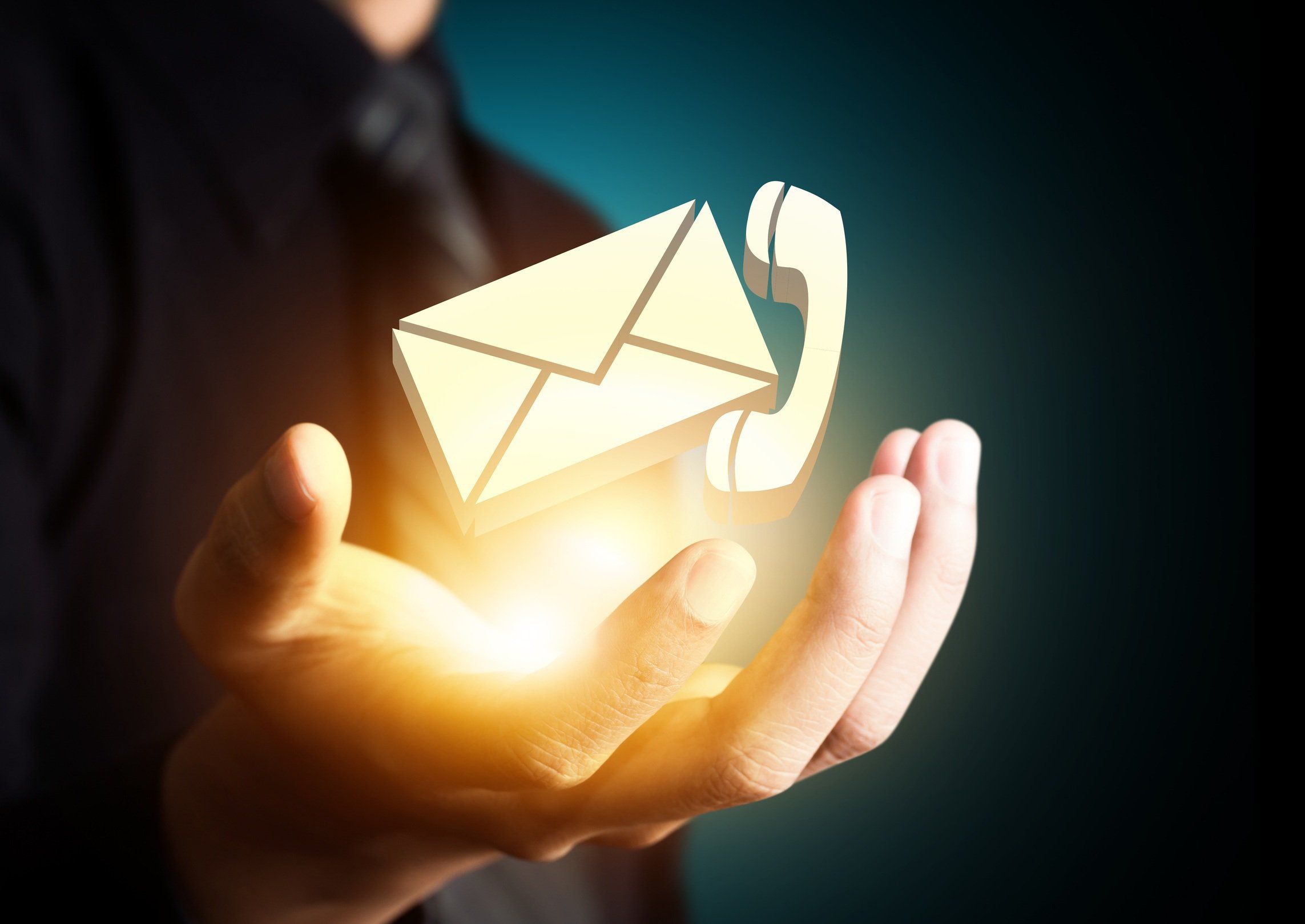Pings continue to proliferate
Credit: PA
A record number of people were told to self-isolate in England and Wales last week after receiving an exposure notification via the NHS Covid-19 app.
The latest figures released by the NHS show 689,313 people in England and Wales were pinged by and told to self-isolate in the week ending 21 July. It is the highest weekly figure since the app launched, with the number of alerts rising sharply through July.
In the first two weeks of the month, 520,194 and 608,304 people were respectively contacted via the app and told to self-isolate.
These increases came on the back of even rises during the spring and early summer, as shops and hospitality venues began to reopen. During the last week of April and the first three weeks of May, a total of between 9,000 and 10,000 alerts were sent each week.
By the beginning of June, this had reached almost 50,000 and then, for the week ending 16 June, 150,000 alerts were sent. Since then, the figure rose to 220,000, then 350,000 before finally breaching the half-a-million barrier in July.
Related content
- Vaccine status prompts millions to download NHS app
- Government tapped fleet of £1,300-a-day AWS consultants to advise on contact-tracing app
- NHS ‘improves accuracy’ of contact-tracing app as downloads near 20 million
Under the current system, anyone who is identified through the app as having been in “close contact” with an infected person is instructed to self-isolate at home for a period of ten days after the date of the contact. It is not a legal requirement however, to either use the app, or to self-isolate if requested.
Contact alerts are typically issued to people who have spent more than 15 minutes within two metres of someone who has tested positive, including in the two days before they first showed symptoms.
The rise in notifications comes after ministers announced a list of key sectors in which workers could be eligible to avoid self-isolation, including those working in medicine, food production and defence – provided they have received both jabs and have recorded a negative test.
But the plans have been criticised for being overly complicated after it was revealed the rules would only apply to some workers, with businesses told to provide the details of individual staff who they wished to be given the exemption.
Health secretary Sajid Javid has already confirmed the self-isolation rules in England will change from 16 August when all fully vaccinated people allowed to avoid the ten day quarantine if pinged by the app, provided they receive a negative test result.
The NHS Covid-19 app does not contain any information on a user’s vaccination status – or, indeed, any personal data at all; the only information users are asked to provide is the first half of their postcode. Users of the technology, which detects contacts via Bluetooth signals, are entirely anonymous, with each assigned a random ID.
After the advice changes on 16 August, when a user receives an exposure notification the app will initially ask them whether they have been fully vaccinated – meaning that they received their second dose more than two weeks previously. If the user indicates that they have received both jabs, the isolation countdown timer will be turned off and will no longer display. The user in question will, instead, be directed to advice on whether they need to take a test; everyone who tests positive for the virus will still be required to isolate, regardless of vaccine status.
Users who indicate that they have not yet received both jabs will be instructed to self-isolate immediately and for the duration of the required time period, which will be marked on the timer.



